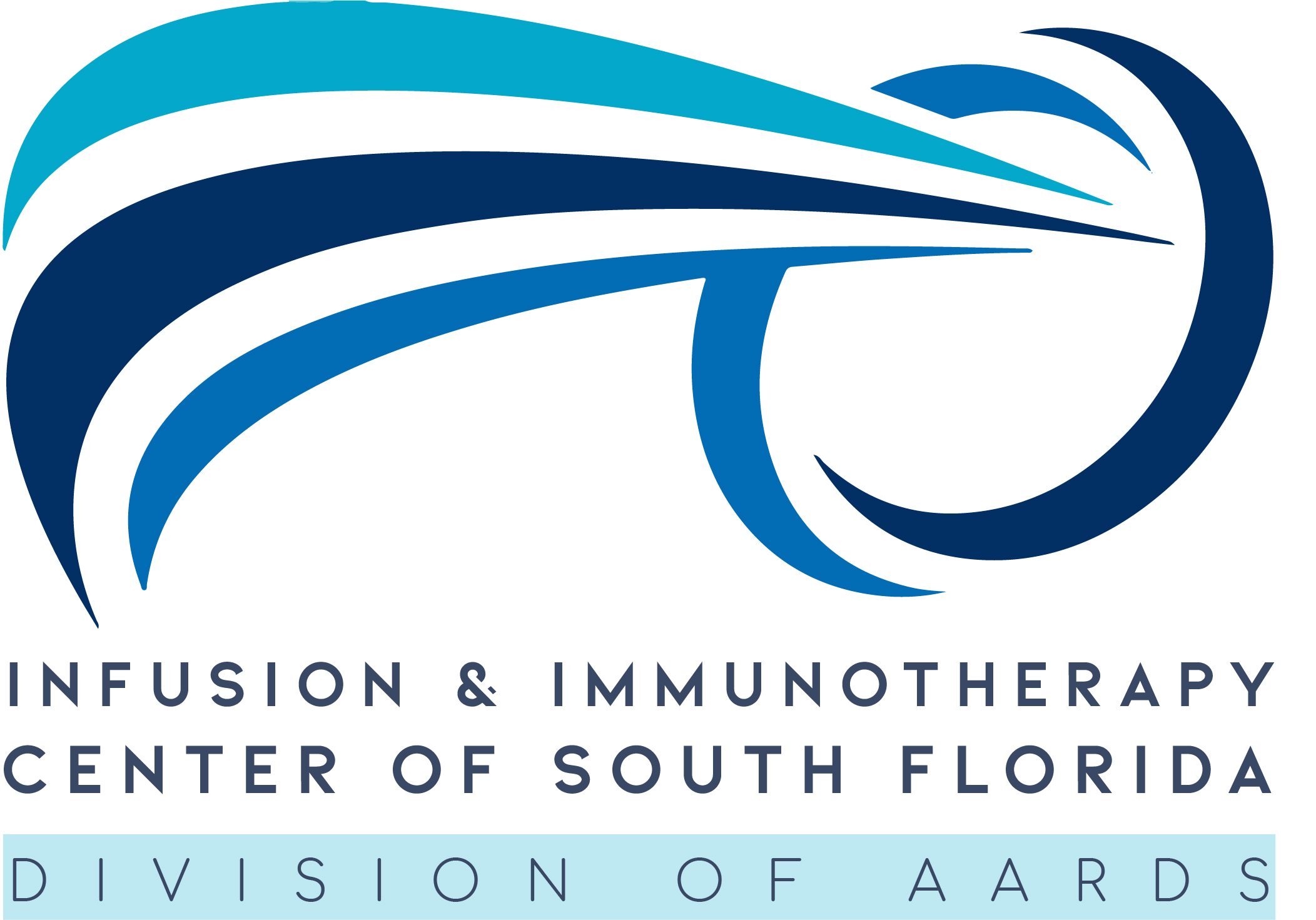Gout
Gout is a health condition characterized by flares of acute inflammatory arthritis. A gout attack produces a red, tender, swollen joint and can be extremely painful. The most common area affected is the base of the big toe. It is caused by an elevated uric acid level in the blood and the uric acid can crystallize and produce deposits in the joints, tendons, and surrounding tissues. Certain foods and drugs may raise the uric acid levels and lead to gout attacks. The diagnosis is made by the finding of microscopic crystals in joint fluid. Crystals can also be found in deposits (tophi) that appear under the skin.
The diagnosis can often be missed if the blood level of uric acid is performed at a time period following the acute attack. Many people have elevated levels of uric acid in their blood but not everyone suffers from gout. To stop a gout attack, your doctor can prescribe some medications, and relief from the attack will begin within 24 hours. Colchicine is prescribed in most cases and if given early in the attack will be effective. There may be side effects such as nausea, vomiting and diarrhea with the higher doses of colchicine needed to stop the attack. Nonsteroidal anti-inflammatory drugs, NSAIDs, are aspirin like medications that can decrease inflammation and pain in the joints and other tissues. There are medications which can be used to remove the excess uric acid and those patients who suffer from repeat attacks should strongly consider these medications. A treatment plan must be tailored for each patient.
In the long term the gout patient has to make changes to their diet. Restricting foods which are rich in purines, compounds which break down into uric acid, is a must. Such foods are meat, certain types of seafood, and alcohol (especially beer). Weight loss is suggested and compliance with your treatment plan is critical. Gout is strongly linked to high blood pressure, hyperlipidemia, diabetes, and heart and kidney disease. Gout tends to run in families and rarely affects children. Lifestyle changes can have a very positive outcome in the management of gout.
Author: Norman B. Gaylis, M.D., F.A.C.P., M.A.C.R.
Request an appointment
2801 NE 213th Street, Suite 801, Aventura, Florida 33180
Phone (305) 652 6676 – Fax (305) 932 6335

